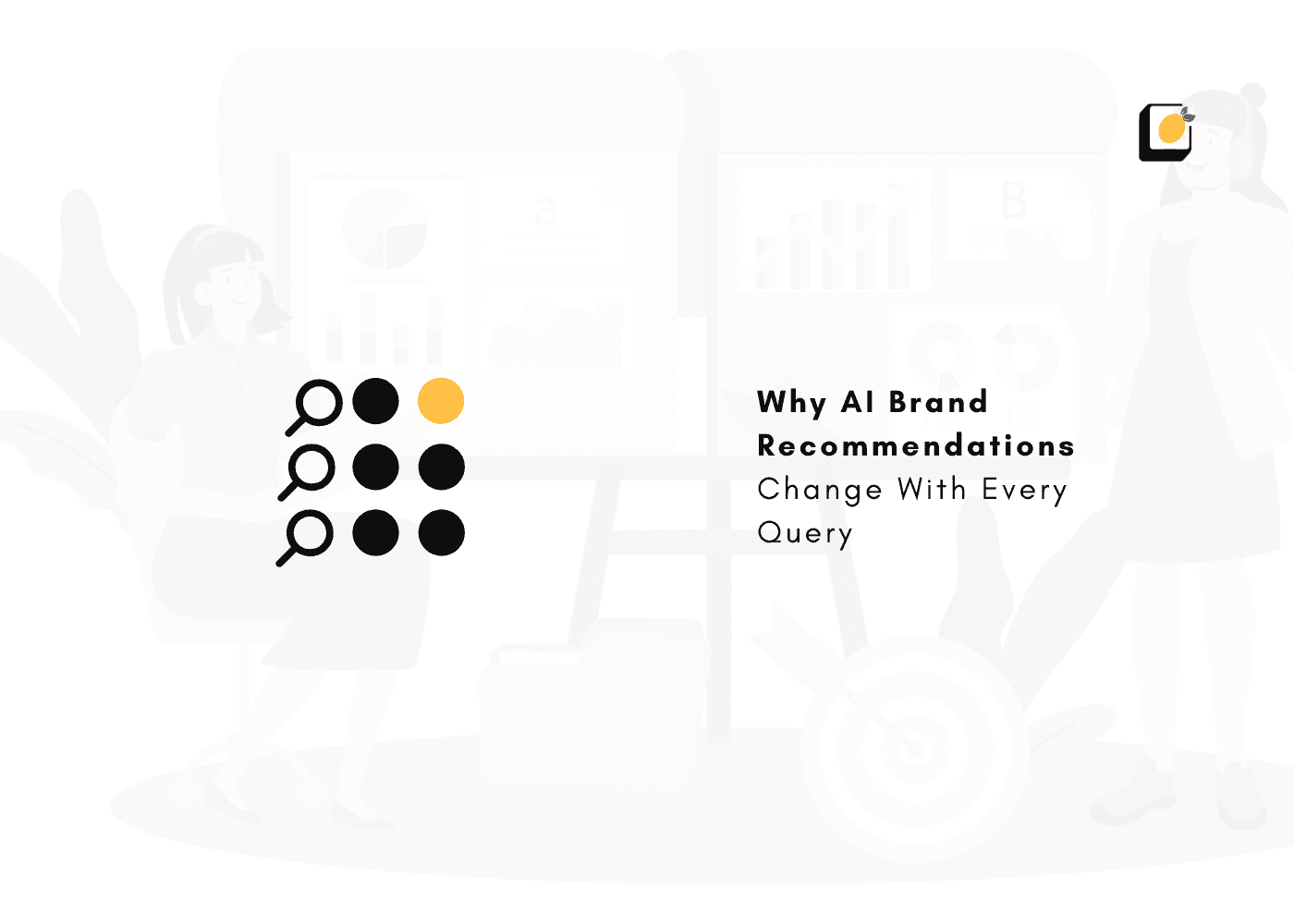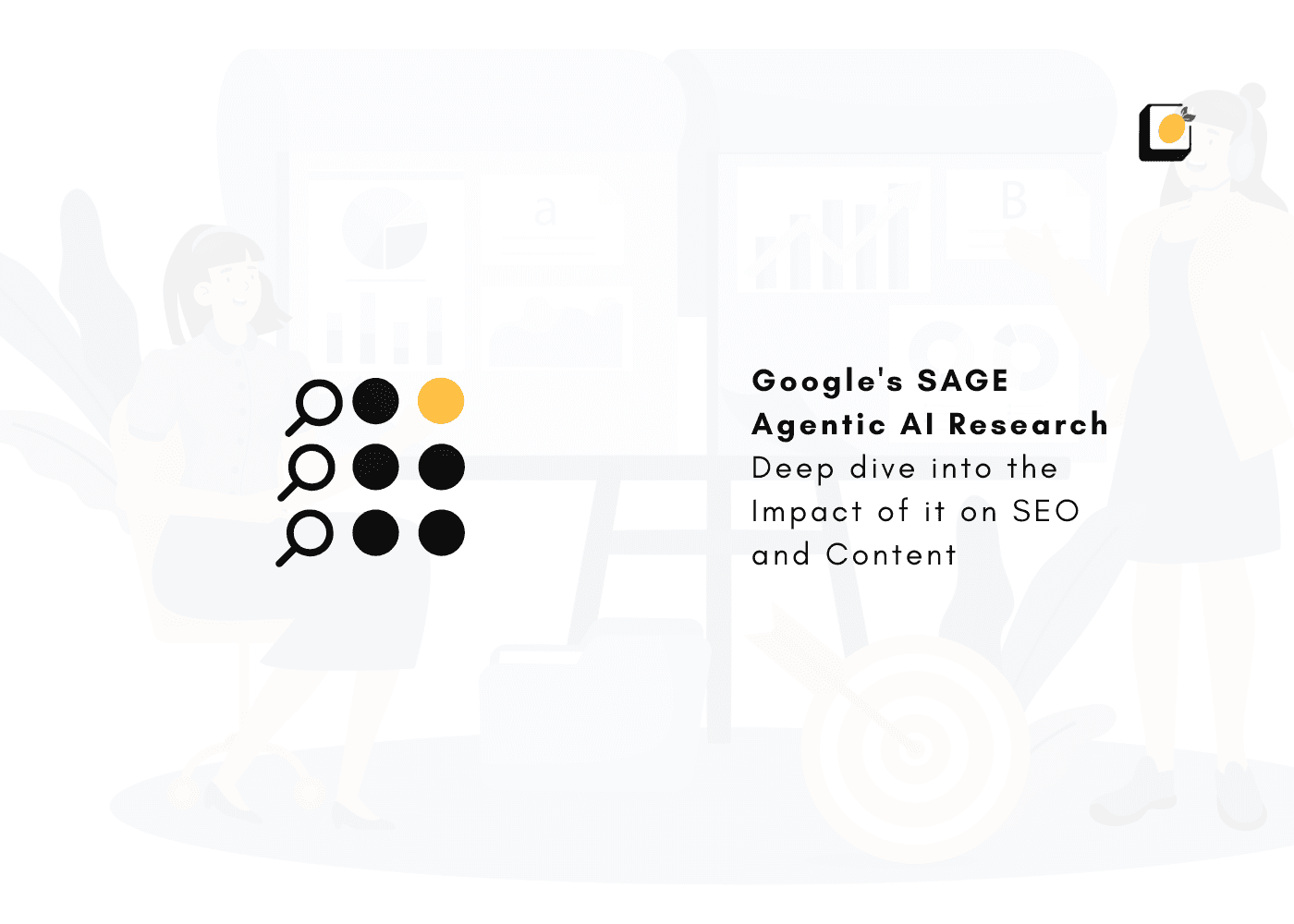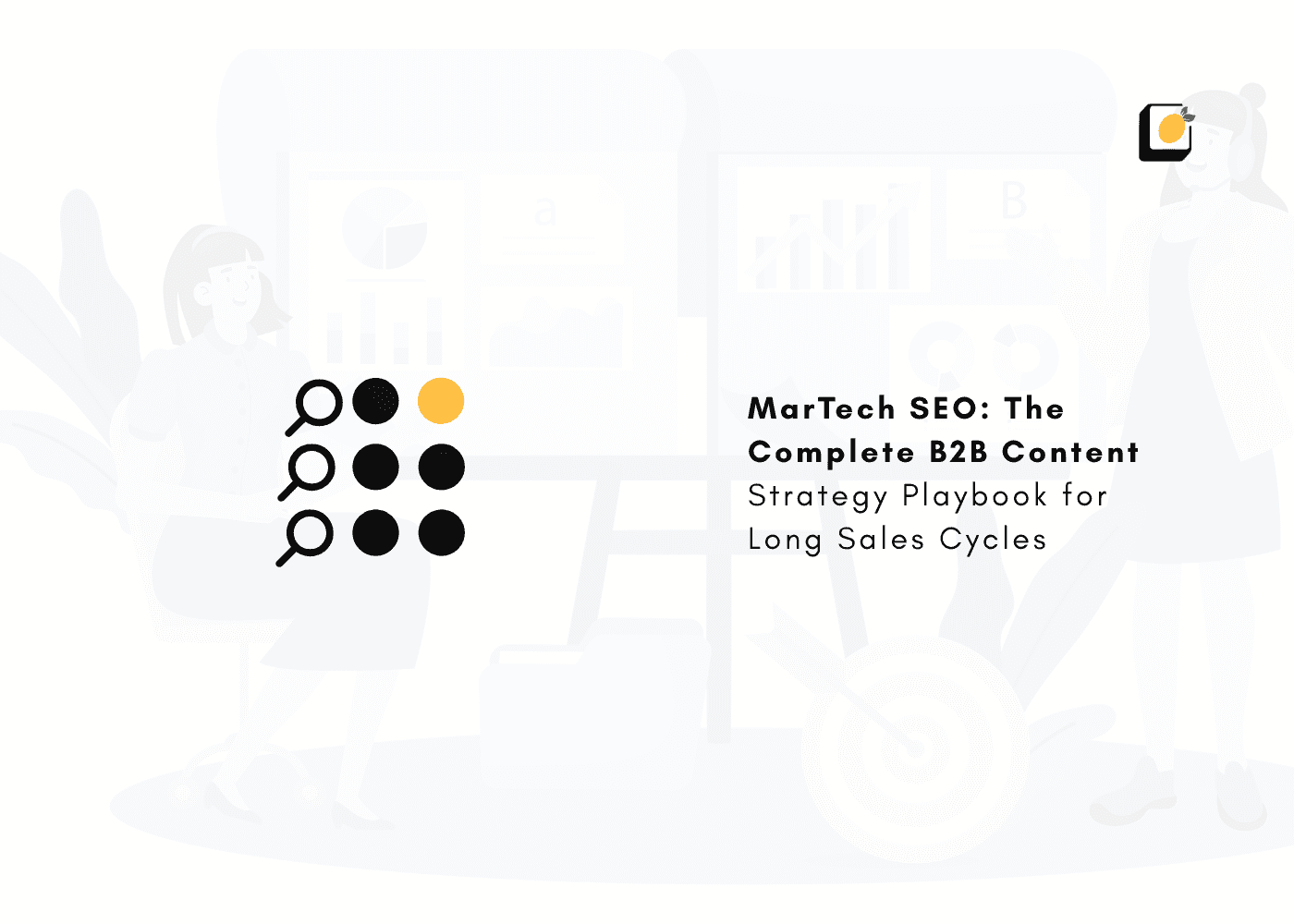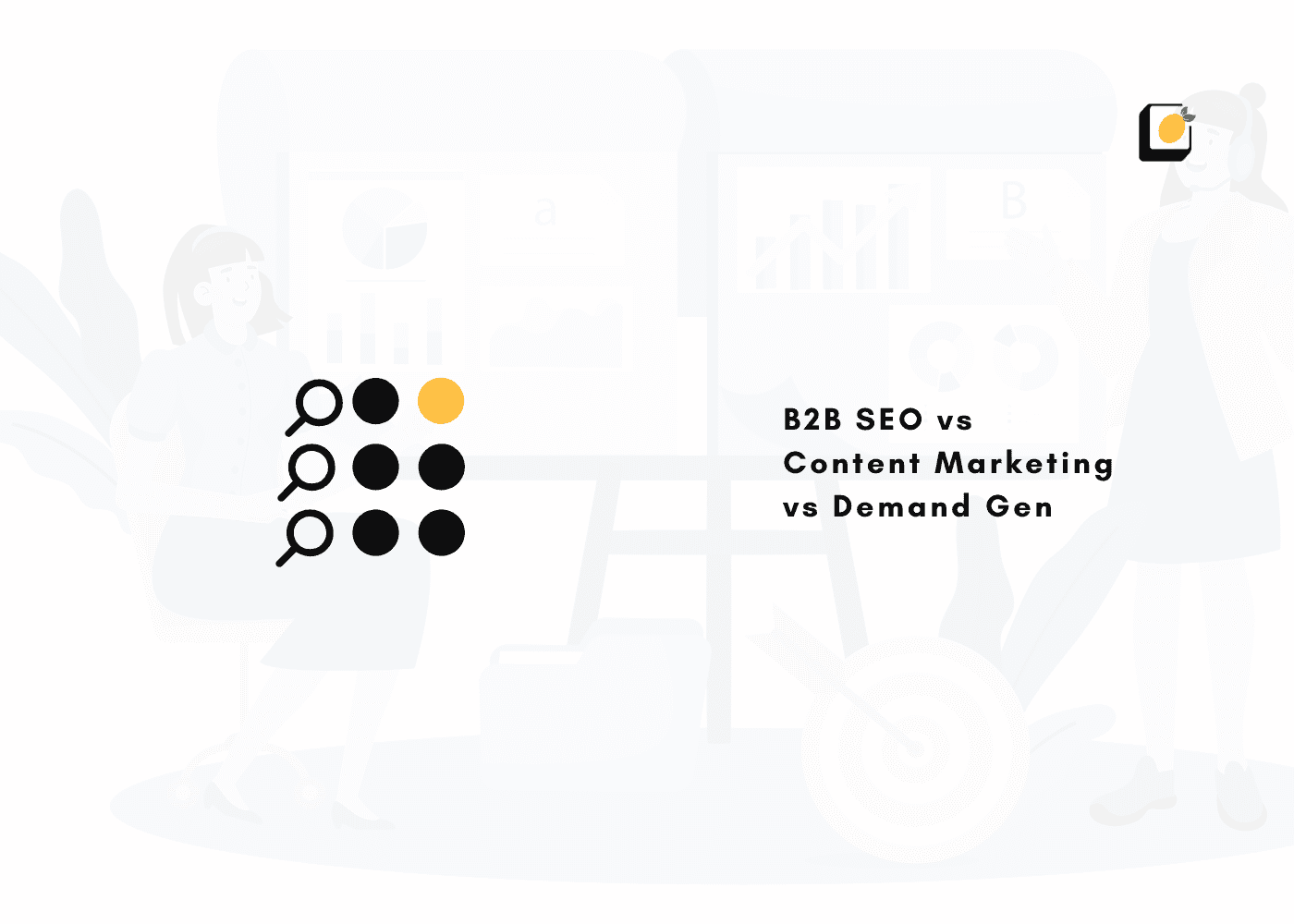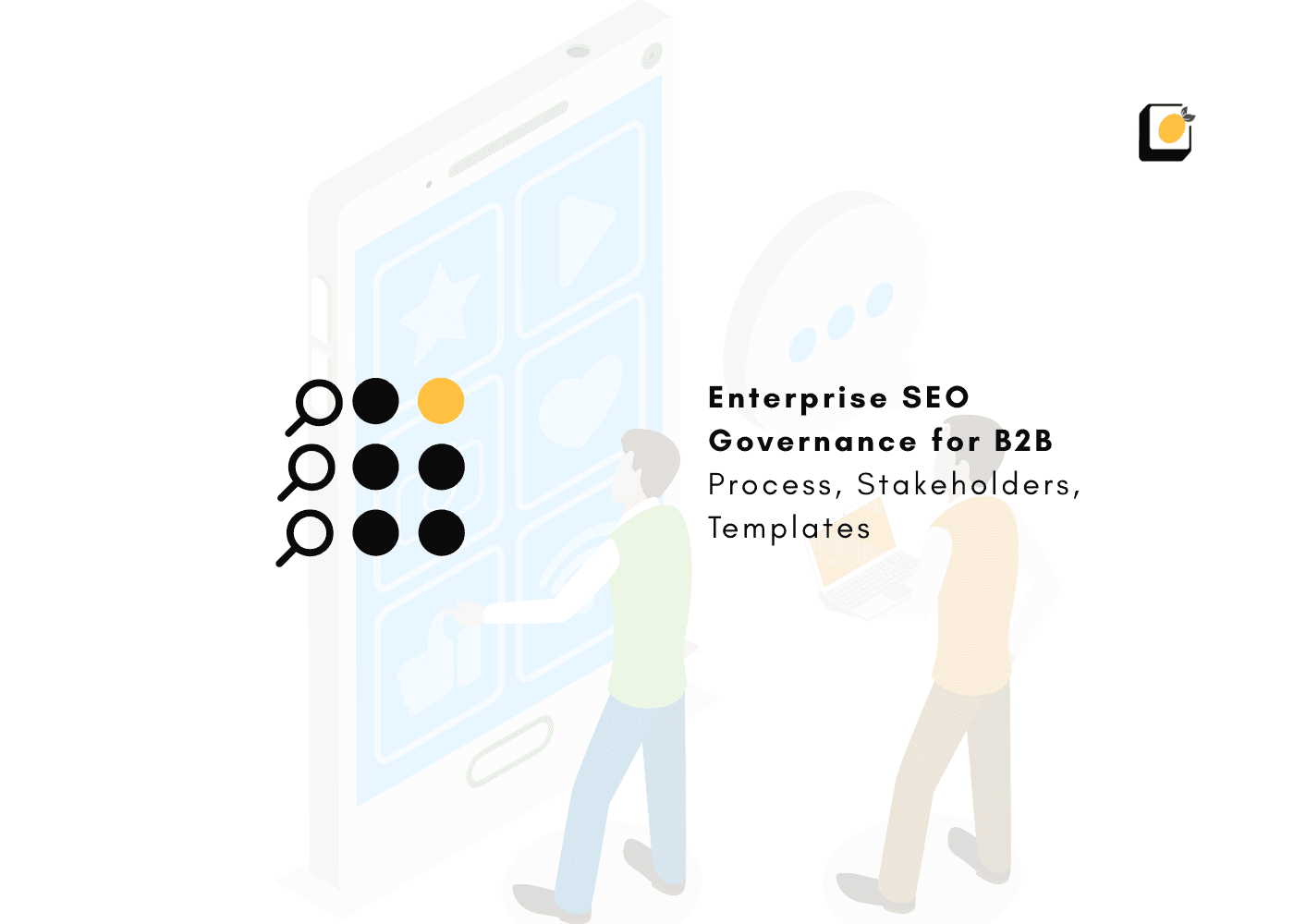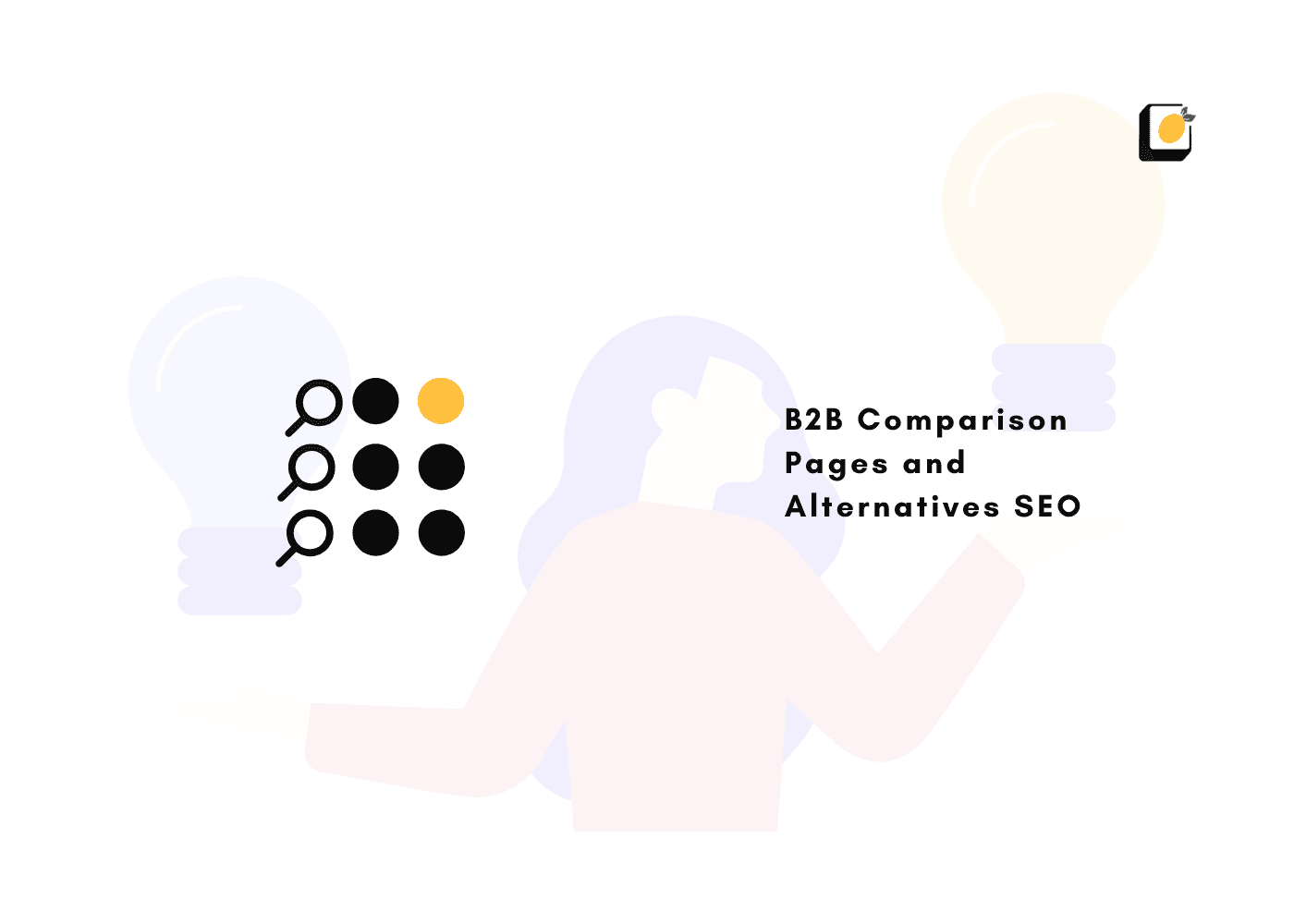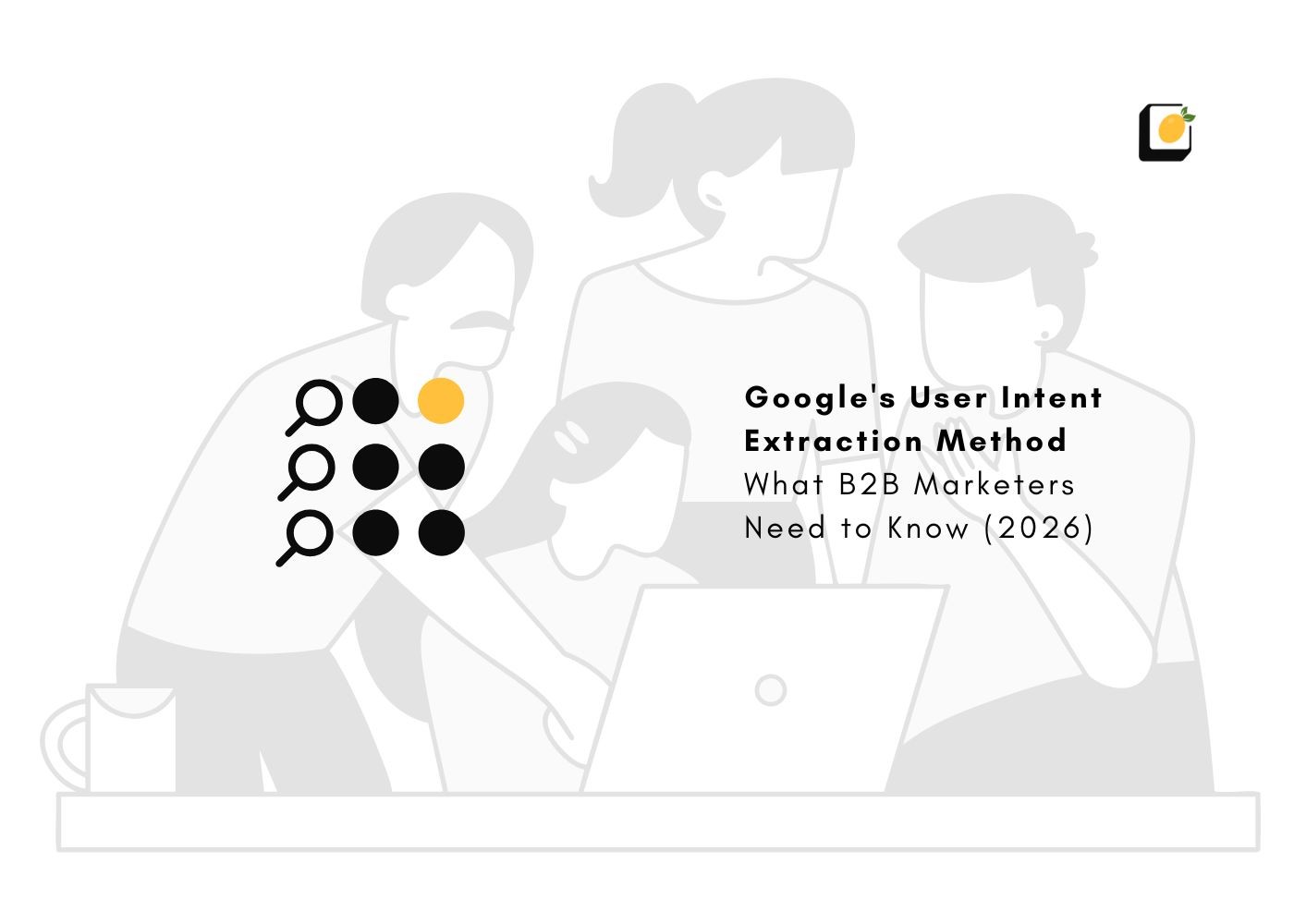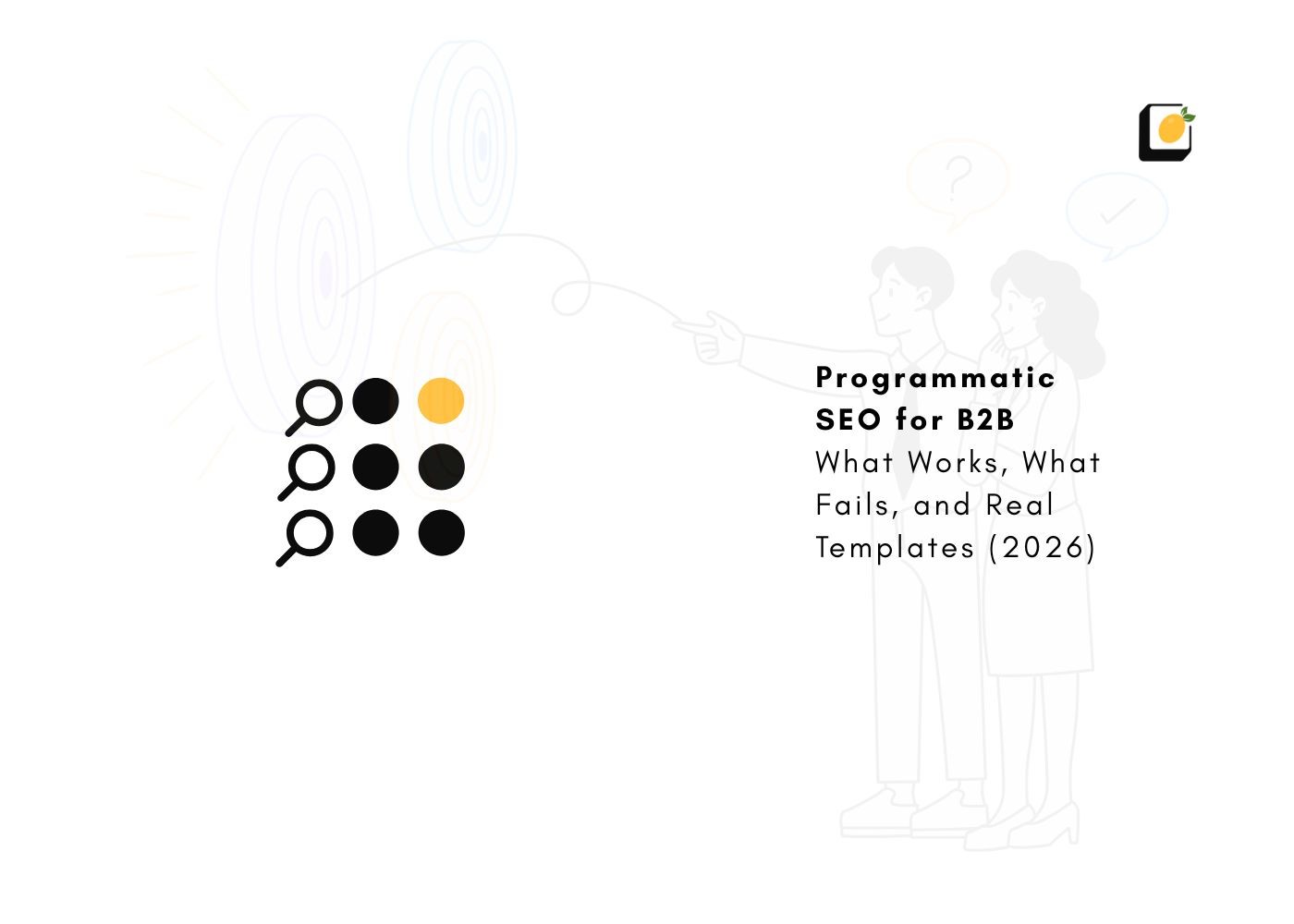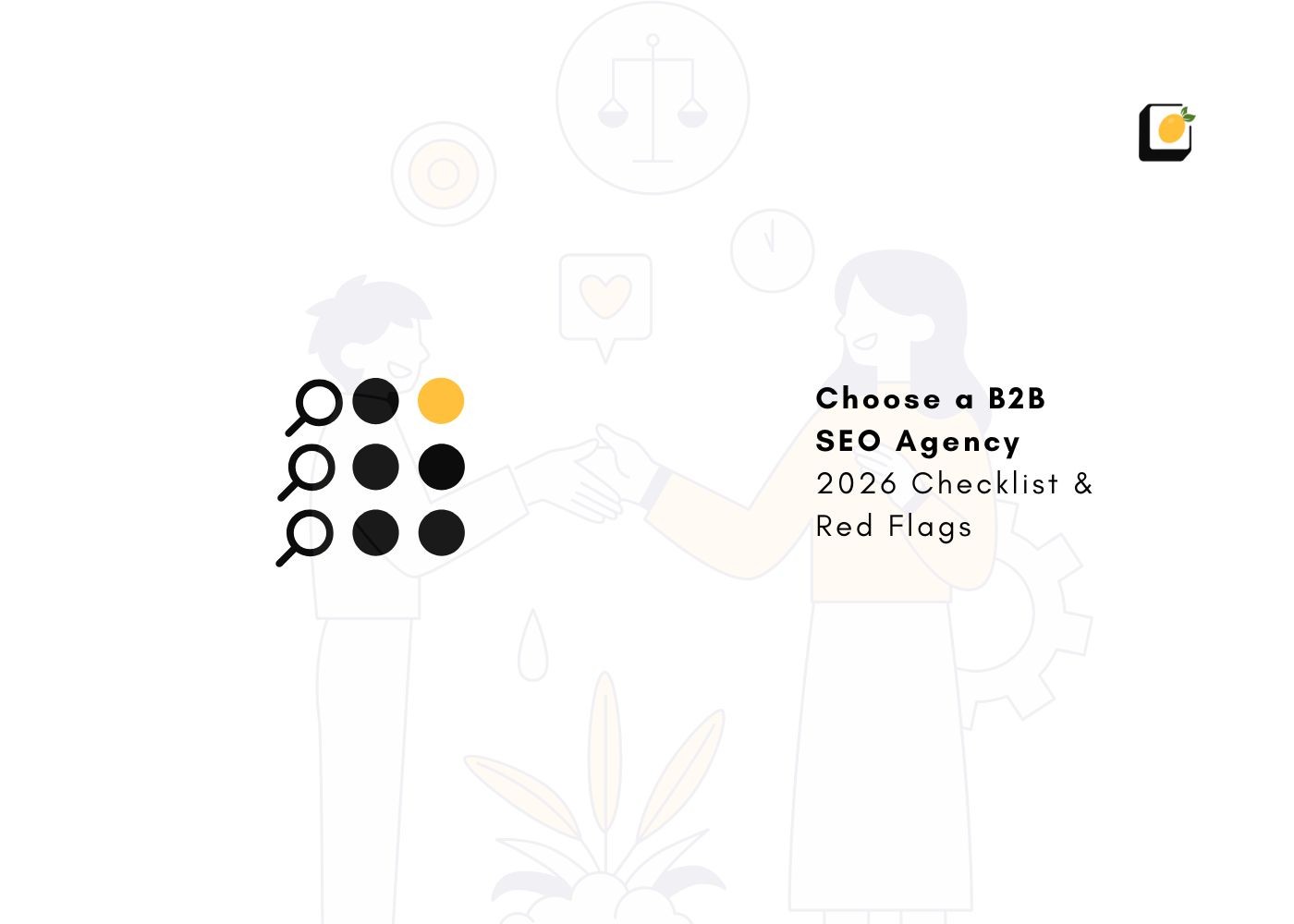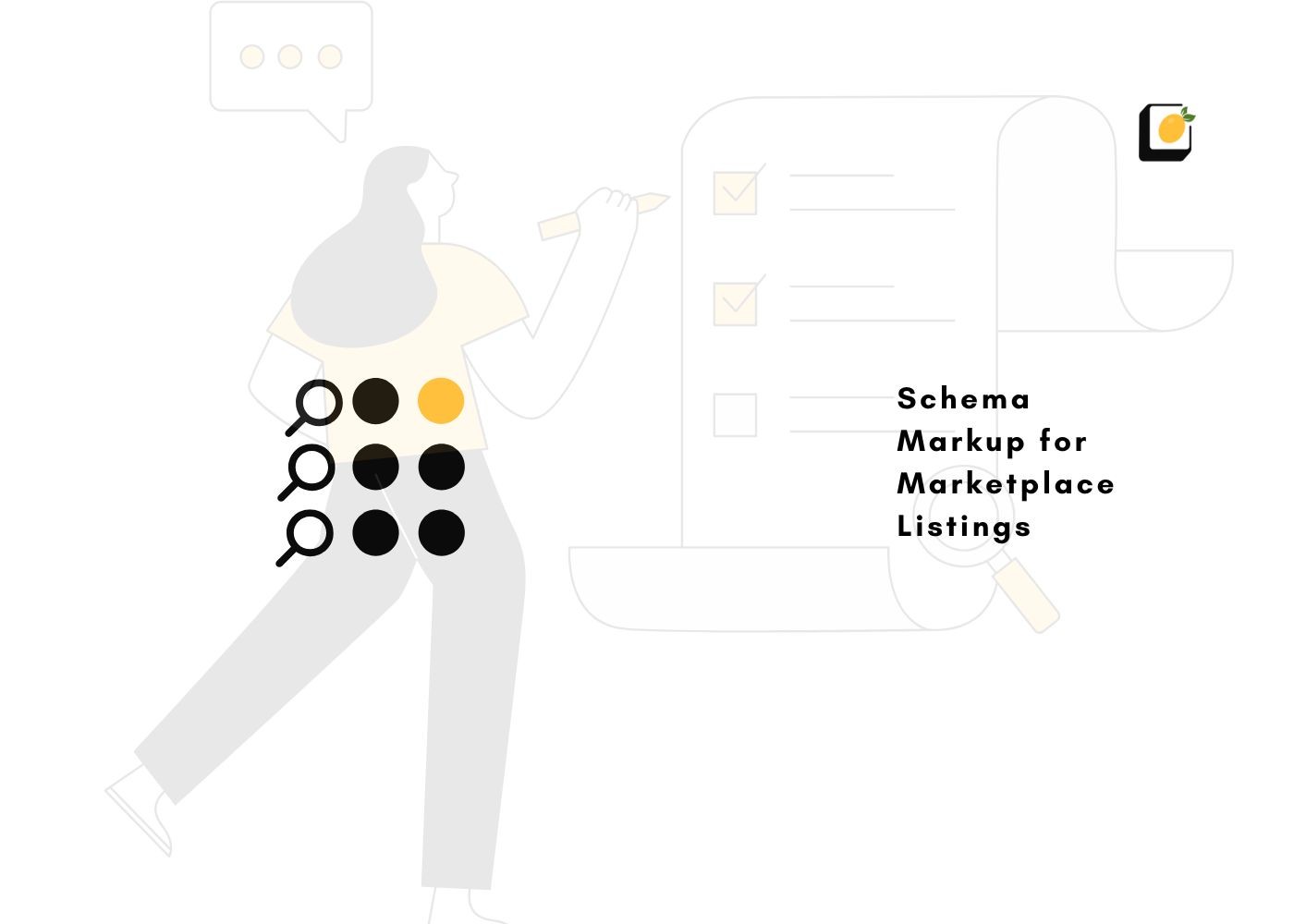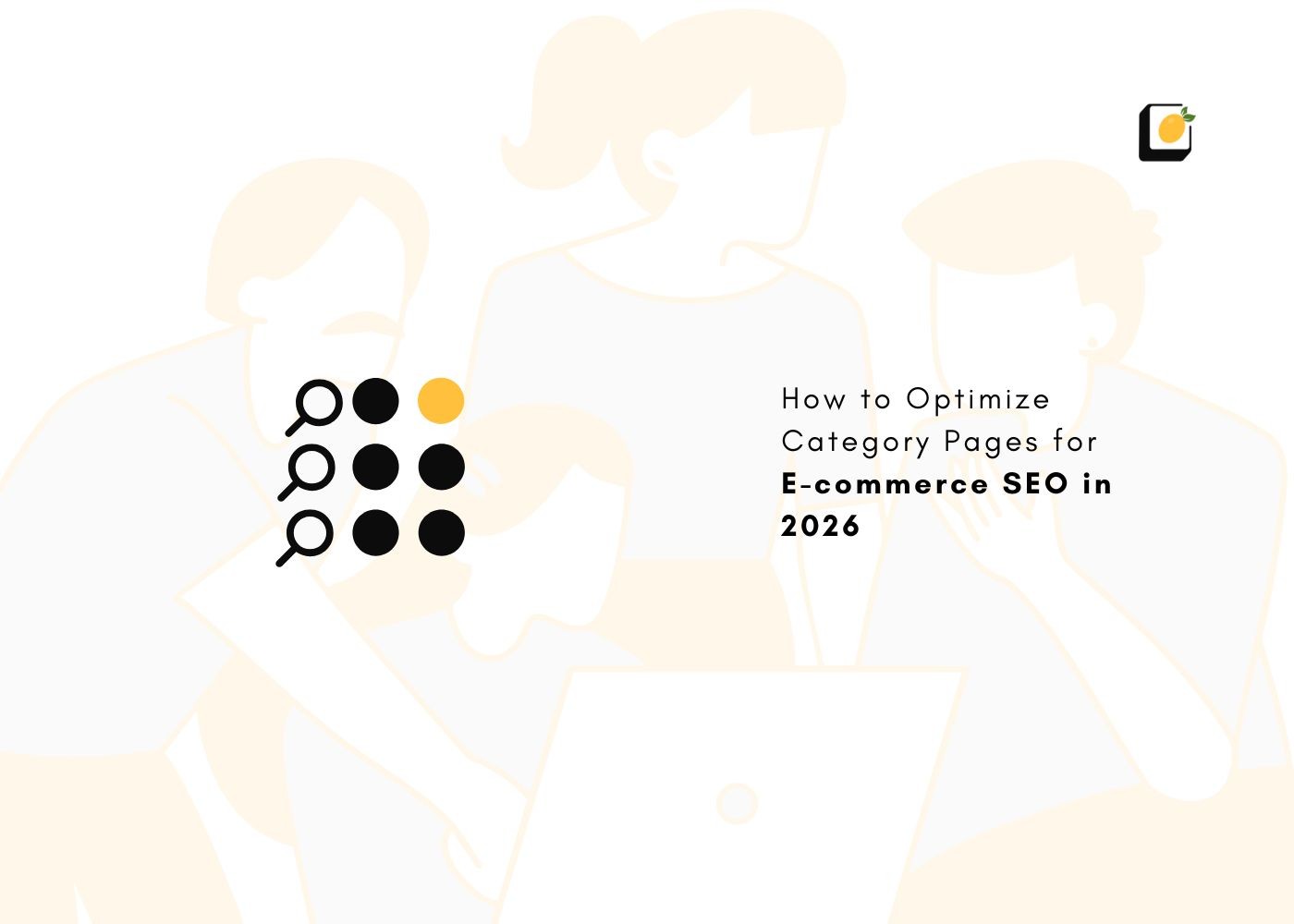AI SEO vs PPC ROI: Which Channel Drives Profitable Ecommerce Growth?
August 12, 2025
Join 500+ brands growing with Passionfruit!
Key takeaway:
SEO is for Long-Term Growth, PPC is for Immediate Results: SEO is a long-term investment that builds a sustainable, free source of organic traffic over months, while PPC drives immediate, paid traffic for short-term goals like product launches or sales
ROI Varies by Timeline: SEO generally delivers a higher, compounding return on investment (ROI) over the long run because it creates a lasting brand asset. PPC offers a faster, more predictable ROI but requires continuous ad spending to maintain traffic.
The Best Strategy is Integration: The most effective approach is not to choose one over the other but to use them together. PPC can provide valuable keyword data and quick wins that inform a long-term SEO strategy, maximizing overall visibility and conversions.
AI is Changing the Game: The future of search visibility lies in Generative Engine Optimization (GEO). Success is no longer just about ranking first but about having your content structured in a way that AI models cite it in their direct answers.
Choose Based on Your Goals: Prioritize PPC when you need immediate results, data, or a boost for a specific campaign. Prioritize SEO when your goal is to build brand authority and a cost-effective, durable marketing channel for the future.
In the hyper-competitive world of e-commerce, especially for brands selling powder-based products like pre-workouts, protein supplements, or gaming energy drinks, visibility is everything. You could have the most effective, best-tasting formula on the market, but if your customers can't find you, you're leaving gains on the table. The big question every brand faces is how to get discovered. The two heavyweight champions in the digital marketing arena are Search Engine Optimization (SEO) and Pay-Per-Click (PPC) advertising.
Think about your marketing strategy like a fitness journey. SEO is the process of building foundational muscle: the work requires time and consistency, but the results are sustainable, powerful, and long-lasting. PPC is your pre-workout supplement: a method that gives you an immediate, explosive burst of energy and results, perfect for hitting a new personal record today.
Both approaches can help you crush your sales goals, but work differently, cost differently, and deliver returns on different timelines. A solid grasp of the SEO vs PPC ROI is critical for any e-commerce brand looking for serious growth. Our guide will break down everything you need to know to choose the right strategy to fuel your brand's journey from startup to market leader.
What Is the Core Difference Between SEO and PPC?
Both SEO and PPC are forms of Search Engine Marketing (SEM), but they target different areas of the search engine results page (SERP). The difference between SEO and SEM is a foundational concept for any digital marketer. The primary distinctions lie in cost, speed, and sustainability.

Cost: SEO's cost is primarily an upfront investment in expertise and content. Once you rank, the resulting traffic is free. PPC requires continuous payment for every ad click, making it an ongoing operational expense.
Time to Results: PPC for e-commerce provides immediate traffic, often within hours of launching a campaign. SEO is a long-term play, typically requiring 3-6 months to show significant results as your site builds authority.
Traffic Source: SEO earns "organic" traffic from natural search rankings. PPC drives "paid" traffic from ads placed at the top of the results.
Sustainability: The long-term SEO benefits are its greatest strength. Rankings can last for years, providing a durable asset. PPC traffic stops the moment you stop paying.
When Should You Use PPC for Instant E-commerce Growth?

You should use PPC when your primary goal is immediate traffic, sales, and data collection. Imagine launching a new "Galactic Grape" flavor for your gaming energy powder. You need to generate hype and sales now. PPC is the perfect tool for this kind of immediate impact and is one of the most direct ecommerce growth strategies for short-term goals.
PPC offers unmatched speed and control. You can launch a campaign for "Galactic Grape energy drink" and instantly appear before people searching for it. PPC platforms also allow for hyper-specific targeting, ensuring your ad spend is focused on the most likely buyers. Furthermore, a PPC campaign is a fantastic laboratory. You can test ad copy, product descriptions, and pricing to see what converts best. The data you gather on which keywords drive sales can then fuel your long-term SEO strategy.
How Does SEO Build Sustainable, Long-Term Brand Value?
SEO builds long-term value by establishing your brand as a trusted authority, creating a sustainable source of free, organic traffic. While PPC provides a sprint, SEO builds the endurance for the marathon. A solid strategy is built on the four pillars of SEO.
For a supplement brand, this means creating content that answers customer questions, like a blog post on "The Top 5 Benefits of Creatine" or a guide comparing "Whey Isolate vs. Whey Concentrate." This content doesn't just sell; it builds trust. When customers see you as a knowledgeable resource, they are more likely to buy. This aligns with Google's E-E-A-T (Experience, Expertise, Authoritativeness, Trustworthiness) principle. A single high-ranking article can bring in consistent traffic for years, creating a predictable and scalable growth channel that doesn't depend on ad spend. Of course, this level of work explains why SEO can be so expensive as an initial investment.
How Do You Calculate and Compare ROI for SEO vs. PPC?
You calculate ROI for both with the same formula—(Revenue - Cost) / Cost x 100%—but the "Cost" and "Revenue" variables are measured differently across different timelines.
PPC ROI: This calculation is straightforward. You track ad spend (Cost) and the direct revenue from those ads (Revenue) using conversion tracking. The line between spend and revenue is clear.
SEO ROI: This calculation is more complex. The "Cost" includes content creation, technical optimization, and SEO tool subscriptions. The "Revenue" is the value of all conversions from organic traffic. Because SEO benefits compound, its true ROI is often realized over 6-12 months or more. Understanding the difference between organic traffic and organic conversions is key here.
Why Should You Combine SEO and PPC for Maximum ROI?
You should combine SEO and PPC because they work together to create a powerful synergy that covers the entire customer journey and maximizes visibility. The smartest brands don't choose one or the other; they integrate them. Integrating SEO and PPC to boost online store visibility and conversions is the ultimate power move.
Here’s how they create synergy:
PPC Data Fuels SEO: Use data from PPC campaigns to identify high-converting keywords, then target those terms with your long-term SEO content strategy.
Dominate the SERP: Having both a paid ad and a top organic ranking for the same keyword pushes competitors down and doubles your brand's presence.
Effective Remarketing: Use PPC to run remarketing ads to users who found your site via organic search but didn't buy, giving you a second chance to convert them.
How Is AI Search Reshaping E-commerce Marketing Strategies?
AI search is reshaping marketing by shifting the focus from simply ranking #1 to becoming the cited source in AI-generated answers. The rise of AI-powered search engines and features like Google's AI Overviews means users get direct answers, not just links.
Your digital marketing ROI now depends on Generative Engine Optimization (GEO). GEO involves structuring your content—product descriptions, blogs, FAQs—so AI models can easily understand and use it. This means using clear language, structured data (like Schema markup), and providing direct answers. For Shopify users, understanding the Model Context Protocol (MCP) is part of this revolution. Navigating this new landscape can be complex, which is why many brands turn to specialized agencies like Passionfruit.
Which Strategy is Right for Your Brand: SEO or PPC?
The right strategy depends on your immediate needs and long-term goals.
Choose PPC if: You are a new brand needing immediate traffic, launching a new product, running a seasonal promotion, or need to quickly test market demand.
Choose SEO if: You are building a brand for the long term, have a limited ongoing marketing budget, and want to create a sustainable asset that generates traffic for years.
Ultimately, the most powerful approach is a balanced one. Start with PPC to get the ball rolling and gather data, while simultaneously investing in a robust SEO strategy that will become the bedrock of your brand's future growth. Ready to get started?
Frequently Asked Questions: E-commerce ROI for SEO vs. PPC
Question: Which strategy offers better ROI: SEO or PPC for e-commerce?
Answer: SEO generally offers a superior long-term ROI. After an initial investment period, organic traffic is essentially free, creating a compounding asset. PPC provides a faster, more predictable ROI (around 200% on average) but requires continuous spending to maintain traffic.
Question: What are the key ROI drivers for SEO in e-commerce?
Answer: The main drivers are sustainable organic traffic growth, increased brand authority and trust which boosts conversion rates, and the long-term value of content. A single high-ranking page can generate revenue for years with minimal ongoing cost.
Question: How can I maximize ROI from PPC campaigns for e-commerce?
Answer: Maximize PPC returns through precise audience targeting, compelling ad copy, continuous A/B testing, and sending traffic to high-converting, fast-loading landing pages. A smart bidding strategy and monitoring keyword performance are also crucial.
Question: Which converts better: SEO traffic or PPC traffic?
Answer: Organic traffic from SEO often has a higher conversion rate because the user's search intent is frequently informational, indicating a higher level of trust. PPC traffic can convert very well for specific, high-intent keywords but may have a lower rate overall if targeting is too broad.
Question: What are the cost differences between SEO and PPC for e-commerce?
Answer: SEO requires an upfront investment in content and technical optimization, with costs decreasing over time. PPC involves a consistent, ongoing cost for every click, meaning your budget is directly tied to your traffic volume.
Question: How does each strategy impact the e-commerce buyer journey?
Answer: SEO excels at the top and middle of the funnel, capturing users during the awareness and research stages. PPC is powerful at the bottom of the funnel, targeting users with strong commercial intent who are ready to purchase.
Question: Can SEO and PPC work together to boost e-commerce ROI?
Answer: Yes. An integrated approach is the best strategy. Use PPC data to inform your SEO keyword strategy, dominate search results with both paid and organic listings, and use PPC for remarketing to organic visitors to maximize overall ROI.
Question: When should I use PPC for short-term wins versus SEO for long-term growth? Answer: Use PPC for short-term wins like product launches, flash sales, or to generate immediate cash flow. Focus on SEO for sustainable, long-term brand building and creating a durable, cost-effective traffic source.
Question: How do I measure the success and ROI for SEO and PPC?
Answer: Track PPC ROI in Google Ads with conversion tracking to directly link ad spend to sales. Measure SEO ROI using Google Analytics to attribute revenue to organic traffic, tracking metrics like organic conversions and keyword ranking improvements over time.
Question: What does a real-world ROI example look like for e-commerce?
Answer: A brand might use PPC to validate a new supplement, achieving a 3:1 ROAS in the first month. Simultaneously, an SEO campaign could build organic traffic to 10,000 monthly visitors over a year, establishing a long-term pipeline of customers.


